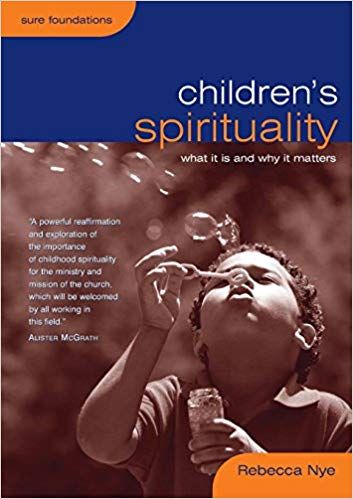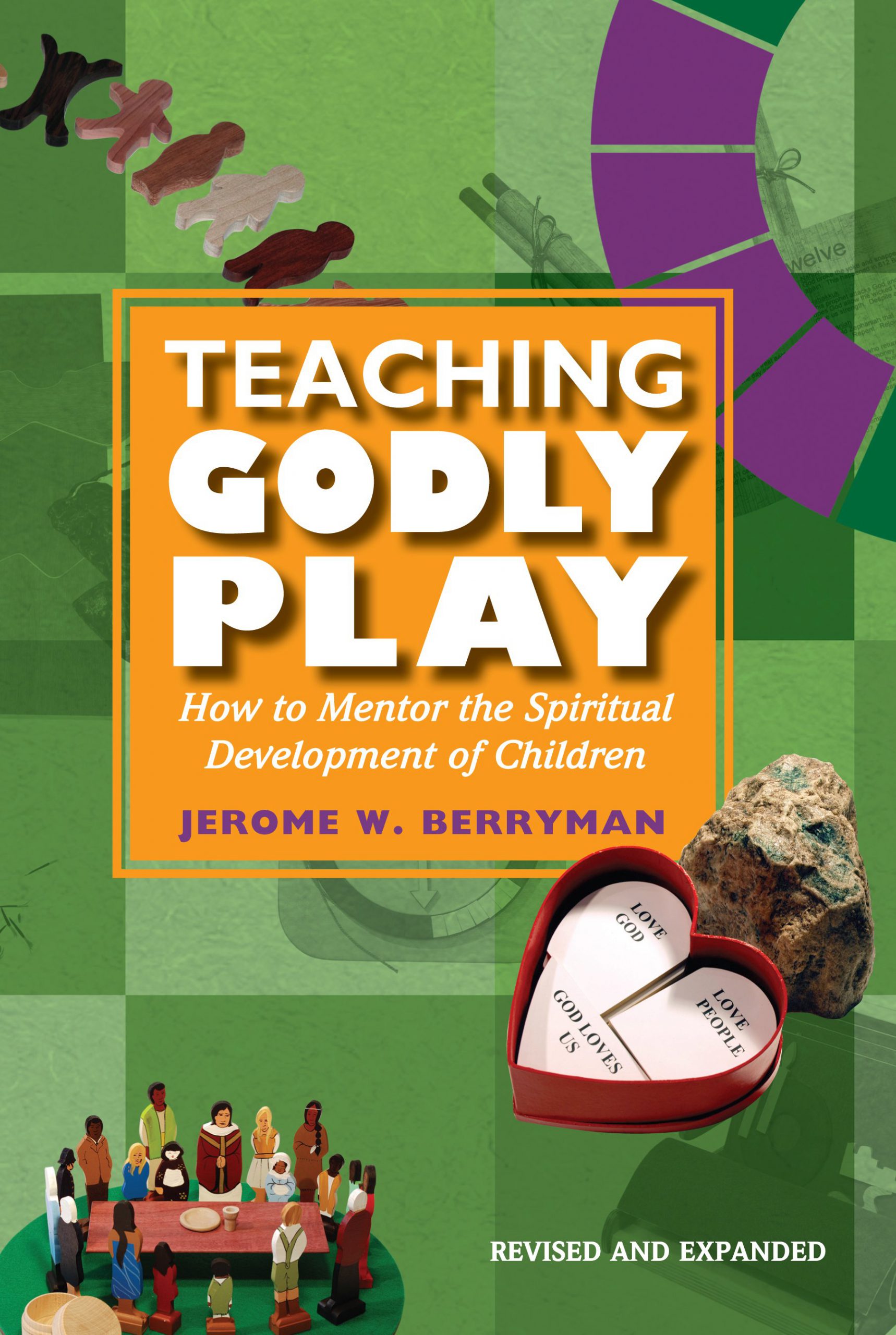Godly Play is a gift to a school
Godly Play takes children’s spirituality seriously. It is an imaginative approach to spiritual nurture through story, wondering, and play.
You can find out more by watching the film ‘What is Godly Play?’ or by listening to this short interview
We recommend that anyone taking Godly Play into a school undertakes the three-day core training course.
— Deputy Head
— Student
Godly Play can be grown by a school
Our trainers can help by offering:
- A taster session to experience Godly Play, perhaps as a twilight training
- An INSET (half or full day) on children’s spirituality
- A place for a staff member on an Introductory training day
— student
How to get started
- Contact our trainers for a conversation
- You may like to consider sending one or more staff members on the three-day practitioner training course on Godly Play and Children’s Spirituality, details can be found here.
- Search for online courses and support here →
Why do Godly Play?
The spiritual nature and capacities of children are recognised:
— Schools with Soul report (2014) produced by the RSA
Godly Play and its underlying principles offer a different way of being with children that can help nurture their spirituality in all aspects of school life. Godly Play values process rather than product, multi-modality learning, open questions and space for discovery, meaning-making and self-directed activity
— Student
Planning for Godly Play in schools
There are many ways of using Godly Play:
- For key festivals and seasons such as Advent and Christmas, Lent and Easter
- To learn about Christian traditions such as baptism and communion
- As a lunchtime or after-school activity
- As part of a themed day such as RE day
- As a regular activity, a way of learning and doing things differently
- As part of Collective Worship
- As an SMSC enrichment activity
Godly Play can be done in all sorts of spaces. A special or ‘sacred’ space is created for Godly Play by:
- Creating a threshold, a place where the space begins
- Offering a welcome: ‘Are you ready?’
- Ensuring there is space enough for a single circle of children
- Having a visual focal point (a focal shelf)
- Being fully present to the children
- Being clear about listening and mutual respect
- Acknowledging the place and power of silence
- Displaying the story and response materials carefully, in a way that communicates value and appeal.
The Godly Play stories are published in The Complete Guide to Godly Play. This is a series of 8 volumes with the core stories in volumes 2, 3, and 4.
Godly Play can be done with:
- A whole class
- Smaller groups
- ‘Family’ groups
- Nurture groups
Useful Reading
-

Children’s Spirituality: What it is and why it matters
Rebecca Nye
(2009), Church House Publishing, ISBN 9780715140277, £10.99
-

Teaching Godly Play: How to mentor the spiritual development of children
Jerome W Berryman
(2009), Morehouse Education Resources, ISBN 9781606740484, £16
— boy aged 8
— student
— year 5 child